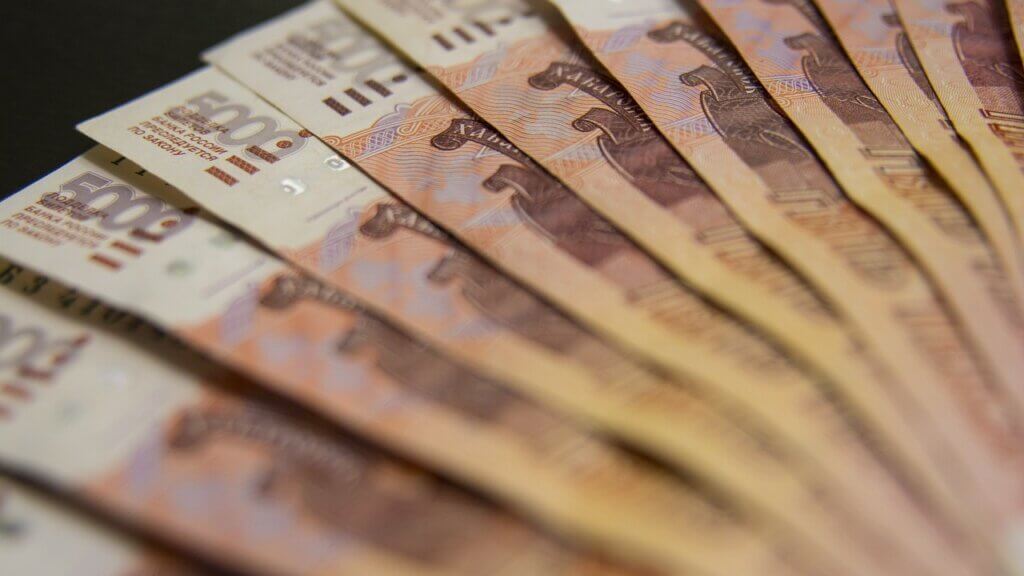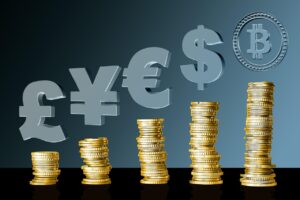The value of the Russian ruble is decreasing
If you turn on Russian state TV today, you would be forgiven for thinking that the Russian economy is booming. A presenter on the Rossiya-24 channel did admit that the dollar exchange rate had reached an eye-watering 101 roubles – but he went on to insist that the Russian economy was still doing fantastically well. Russian GDP – up! Oil and gas revenues – growing!
In last week’s edition of Komsomolskaya Pravda, the best-selling daily newspaper in Russia, an article on page 3 declared: “The Russian economy is taking a sharp upward turn.”
But the raging ruble will still hurt. It is now trading at its lowest level in 16 months. The pressure on the Russian economy is increasing as imports are growing faster than exports and military spending is growing.
Economists say this is likely to lead to inflation. Foreign travel will become more expensive for ordinary Russians. A travel agency owner in Moscow told me that he expected that many clients would now choose to take a vacation in Russia instead of traveling abroad.
But going abroad was already very problematic for people here – Western sanctions against Russia’s aviation industry make foreign travel very difficult. Many countries have stopped issuing visas to Russians, and financial restrictions mean that their bank cards do not work in the vast majority of foreign countries.
Admittedly, Russia has been here before – the ruble fell sharply after the full-scale invasion of Ukraine. But then it recovered, prompting President Putin to declare at a meeting just over a year ago: “The dollar is clearly faltering, and the ruble is strengthening.”
But some economists here say that the ruble’s exchange rates are now entirely managed by the central bank – and that the recovery was artificial.
Chris Weafer, founder of the Eurasian consulting firm Macro-Advisory, says last year’s economic priority was to keep the ruble’s value as high as possible but officials have now opted to devalue the currency as a way to balance government spending.
The exchange rate drop therefore reflects these decisions by officials rather than a specific sign of an “imminent crisis” or a broader collapse of Russia’s economy, he adds.
After 18 months of war and isolation, Russians are getting used to bad news. Russia is now the most sanctioned country in the world. The country’s central bank will hold an extraordinary meeting on Tuesday to discuss a possible rate hike, but has said it sees no threat to financial stability. The current interest rate is 8.5%.
About the Viking
With Viking’s signals, you have a good chance of finding the winners and selling in time. There are many securities. With Viking’s autopilots or tables, you can sort out the most interesting ETFs, stocks, options, warrants, funds, and so on.
Click here to see what Vikingen offers: Detailed comparison – Stock market program for those who want to become even richer (vikingen.se)













